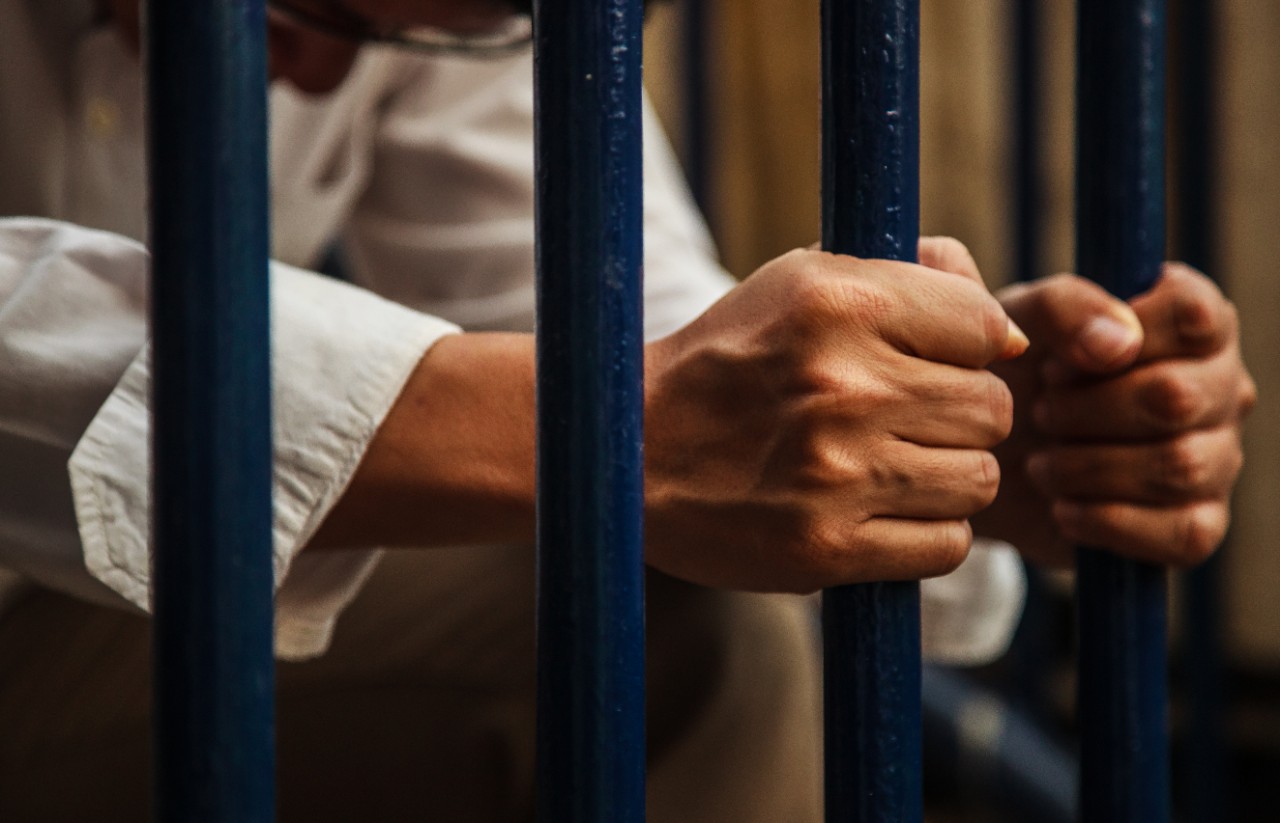
WVXU: Incarcerated workers should be taxed
UC Law professor discusses labor, taxation and benefits for incarcerated workers
How should incarcerated workers be compensated and should their wages be taxed are two questions UC Law professor Stephanie McMahon tackled during a recent segment of Cincinnati Edition on WVXU.
McMahon says there is plenty of debate about whether the 13th amendment which prohibits slavery should allow prison inmates to be forced to work. The language says they can be required to work but it is often in contradiction to what some people expect and some state constitutions. Of the 1.2 million people incarcerated in the U.S. two out of three are workers, reports the American Civil Liberties Union.
A 2022 ACLU study also found that incarcerated workers get between 13 cents and 52 cents per hour for their labor and that the government still takes up to 80% of their wages for room, board, legal costs and other expenses. McMahon argues that incarcerated workers should be fairly compensated and then taxed so they can earn access to the nation’s social safety net, which includes social security, the earned income tax credit and other benefits. She explores this topic in her article Prison Work is Taxing and Should be Taxed.
McMahon is joined by Jennifer Turner, principal human rights researcher at the ACLU, and LaToya Bell, deputy director of the Ohio Justice & Policy Center.
Listen to the WVXU broadcast online.
Learn more about the work of Dr. Stephanie McMahon online.
Featured image courtesy of Unsplash.
Related Stories
Marcus Sapp says he’s finally free after wrongful murder charges tossed
September 8, 2024
Marcus Sapp, an Ohio Innocence Project exoneree, spoke with The Cincinnati Enquirer about his journey to freedom following a wrongful murder conviction. OIP at UC Law took his case and uncovered exculpatory evidence that should have been presented during his initial trial.
Wrongful conviction: ‘If it can happen to me it can definitely happen to you’
November 8, 2024
Richard Horton and Nancy Smith, two exonerees of the Ohio Innocence Project at UC Law, speak with WYSO about wrongful conviction. OIP was founded in 2003 and is continuing its initial purpose: working to free every person in Ohio who has been convicted of a crime they didn’t commit.
What is exoneration for individuals wrongly convicted of a crime?
October 17, 2024
Tara Rosnell, chair of the Ohio Innocence Project's Board of Advocates, spoke recently with WYSO public radio station about how exoneration works for individuals wrongly convicted for crimes they did not commit. OIP at UC Law helped 42 people secure their freedom. The group of clients collectively spent more than 800 years behind bars for crimes they didn’t do.
